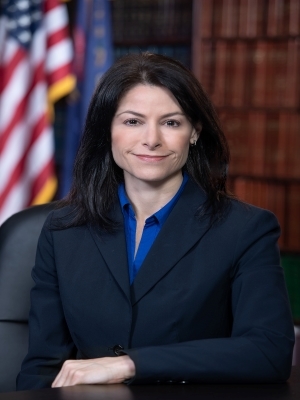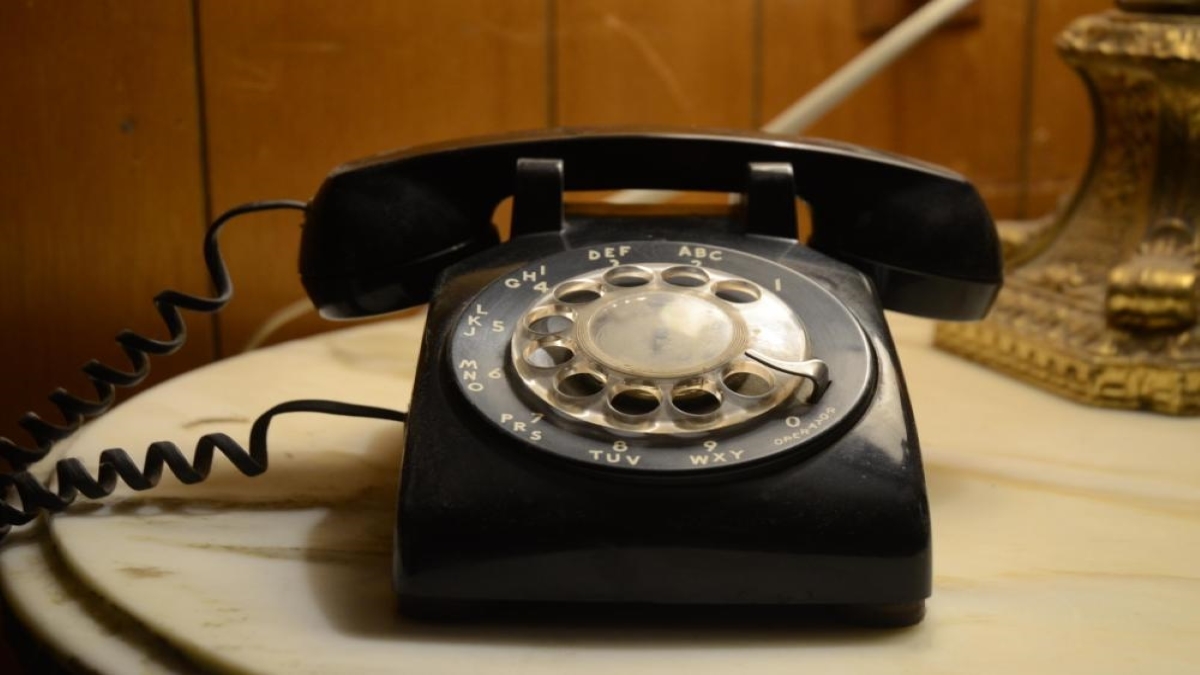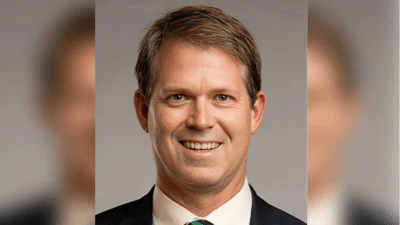Robocalls are annoying for everyone, but they can actually be disruptive for hospitals. | stock photo
Robocalls are annoying for everyone, but they can actually be disruptive for hospitals. | stock photo
When hospitals receive illegal robocalls, it isn't just a pain -- these calls can disrupt critical communications, threaten the privacy of patients and divert important hospital resources.
On the federal advisory committee to put a stop to these calls is Michigan Attorney General Dana Nessel and her office, according to Michigan.gov.
"Recommendations on how the telecom industry, hospitals and the federal and state governments can prevent illegal robocalls from disrupting communications in hospitals were presented to the Federal Communications Commission (FCC) recently by a federal advisory committee, which includes Michigan Attorney General Dana Nessel’s office," the press release reported on Michigan.gov. "The Hospital Robocall Protection Group (HRPG) issued its report to the FCC Dec. 14, outlining best practices for preventing unlawful robocalls from being made to hospitals. The report was a requirement established for the HRPG under the Pallone-Thune Telephone Robocall Abuse Criminal Enforcement and Deterrence (TRACED) Act."

Attorney General Dana Nessel
| Michigan.gov
Nessel said national leaders have been responding to the illegal calls, thanks to her office.
“Under my administration, Michigan has been a national leader in responding to illegal robocalls, and I am proud of the role my office has had in creating best-practices guidelines for hospitals, governments and voice service providers. These guidelines will strengthen the protection for hospitals from robocalls that interfere with their operations,” Nessel said, according to Michigan.gov. “I am committed to keeping Michigan at the forefront as our nation continues to develop appropriate measures and protocols to fight this persistent issue.”



 Alerts Sign-up
Alerts Sign-up